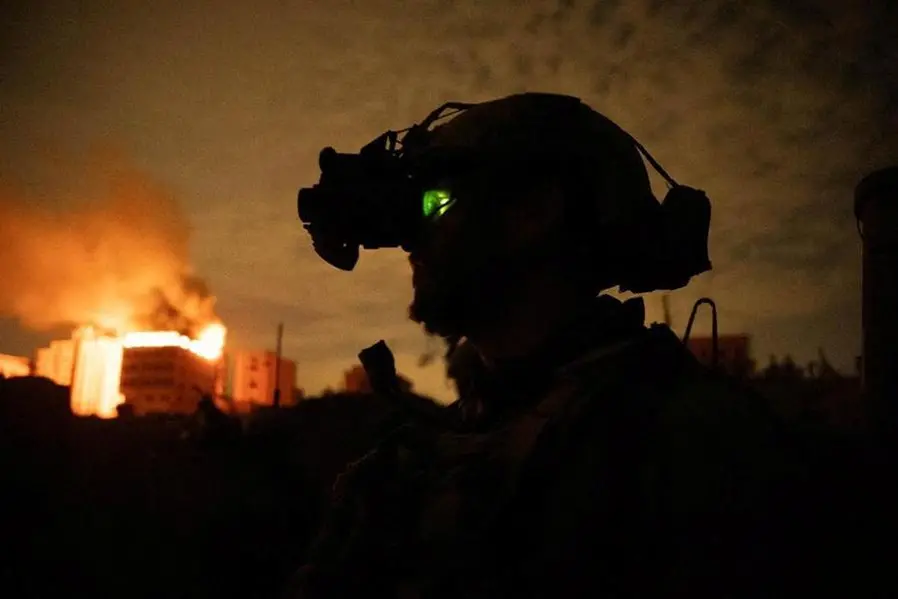PHOTO
The longer the Israel-Hamas conflict carries on, the greater the likelihood that a growing number of Middle Eastern states become involved, a new report said on Thursday.
Daniel Murray, deputy chief investment officer and global head of research at EFG Asset Management, said, while the prospect of the current situation evolving into a broader international conflict is remote at this stage it should, nonetheless, be considered.
Such a scenario would represent a negative backdrop for the global economy and markets, he said. "Equities could sell off while high quality bonds would rally. In our opinion, defence stocks could outperform. Gold and the Swiss franc could also perform relatively well given their status as safe-haven assets."
A greater number of Middle East countries can get involved if the conflict drags on and it could impact energy markets, already disrupted due to the war in Ukraine, the report said.
“With global energy supplies already disrupted due to the war in Ukraine, it would be harder to offset any shock to Middle Eastern oil and gas exports,” said Murray.
“Oil and gas prices could rise and there may be talk of stagflation. Central banks could become more hawkish and government bonds could potentially sell off. Equities may struggle in this scenario.”
On the other hand, from among the various scenarios projected by Murray, the best case is if the conflict is locally contained, where there would be no major impact except occasional volatility spikes with regard to equities.
(Writing by Brinda Darasha; editing by Seban Scaria)





















